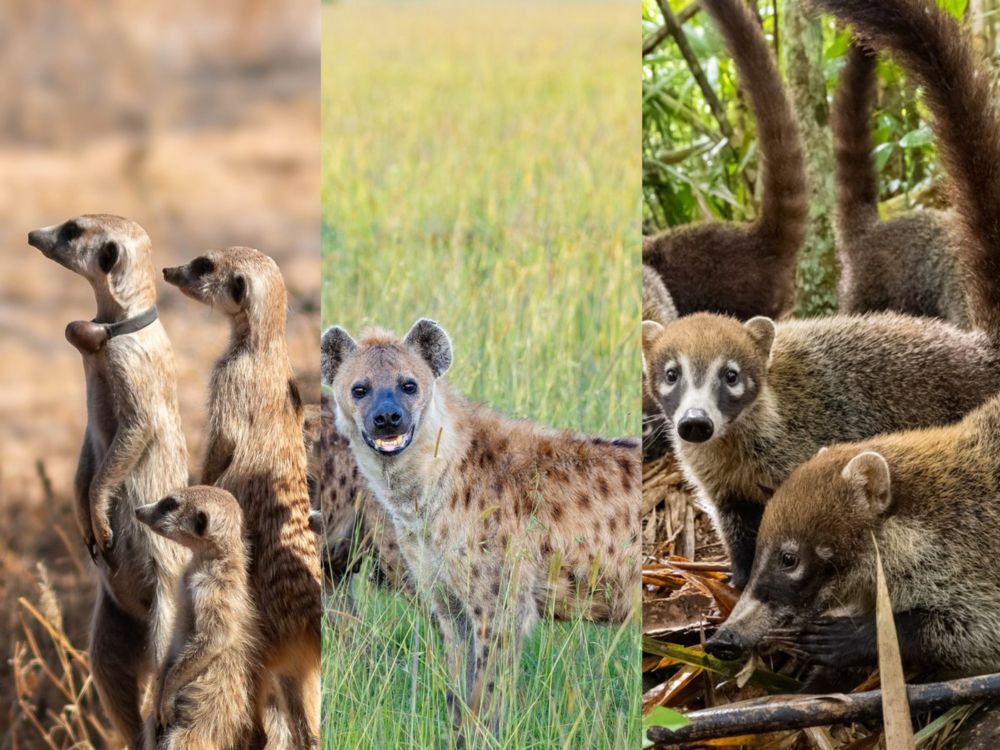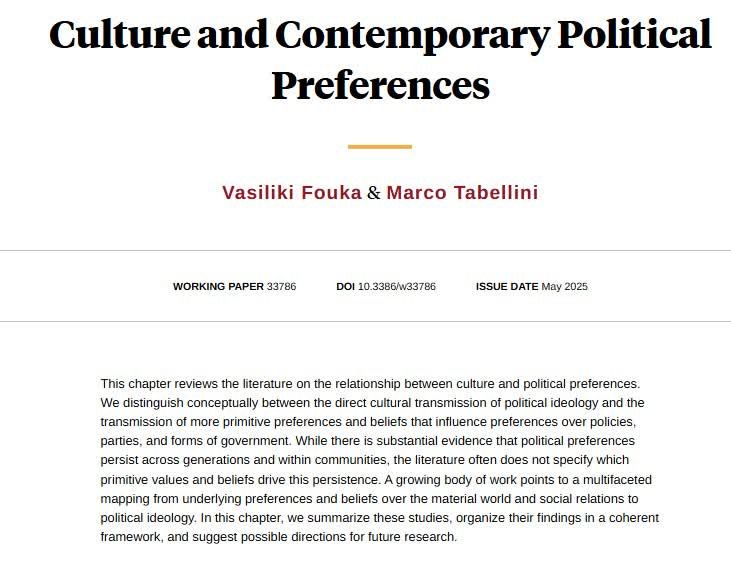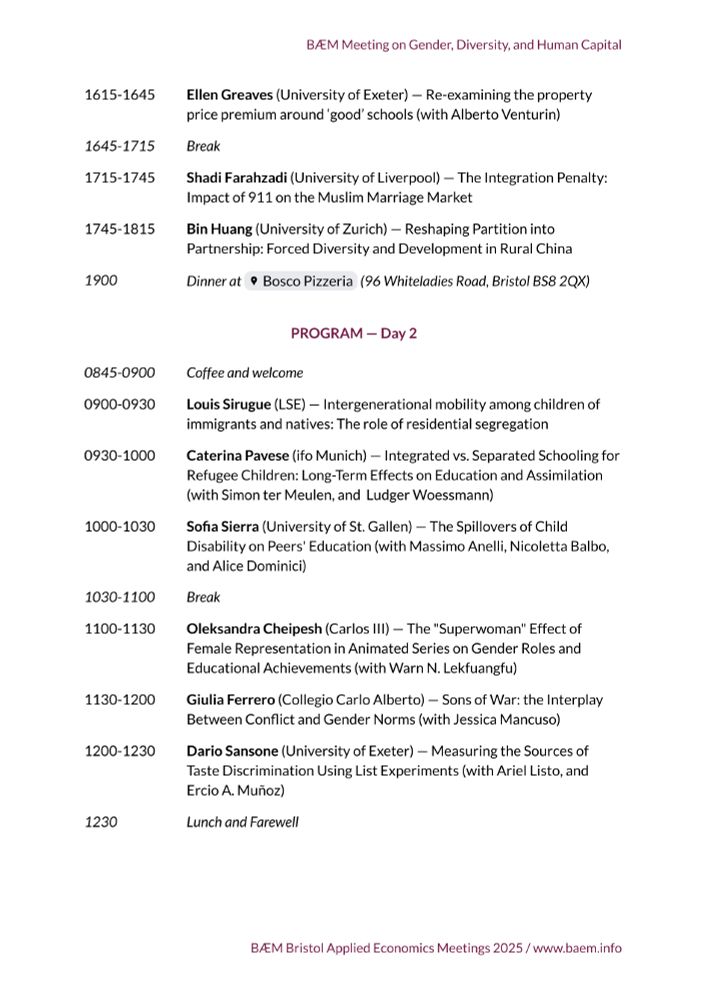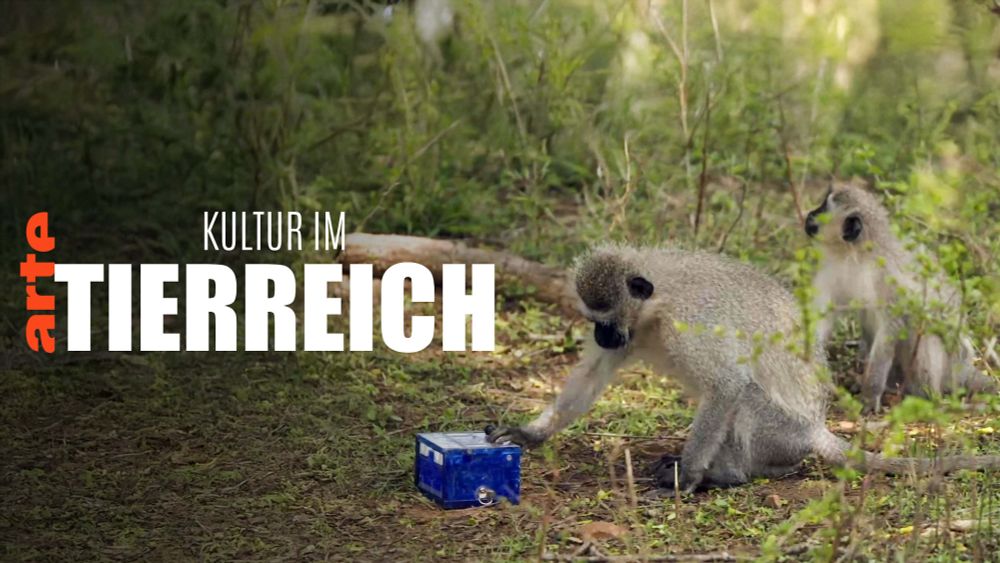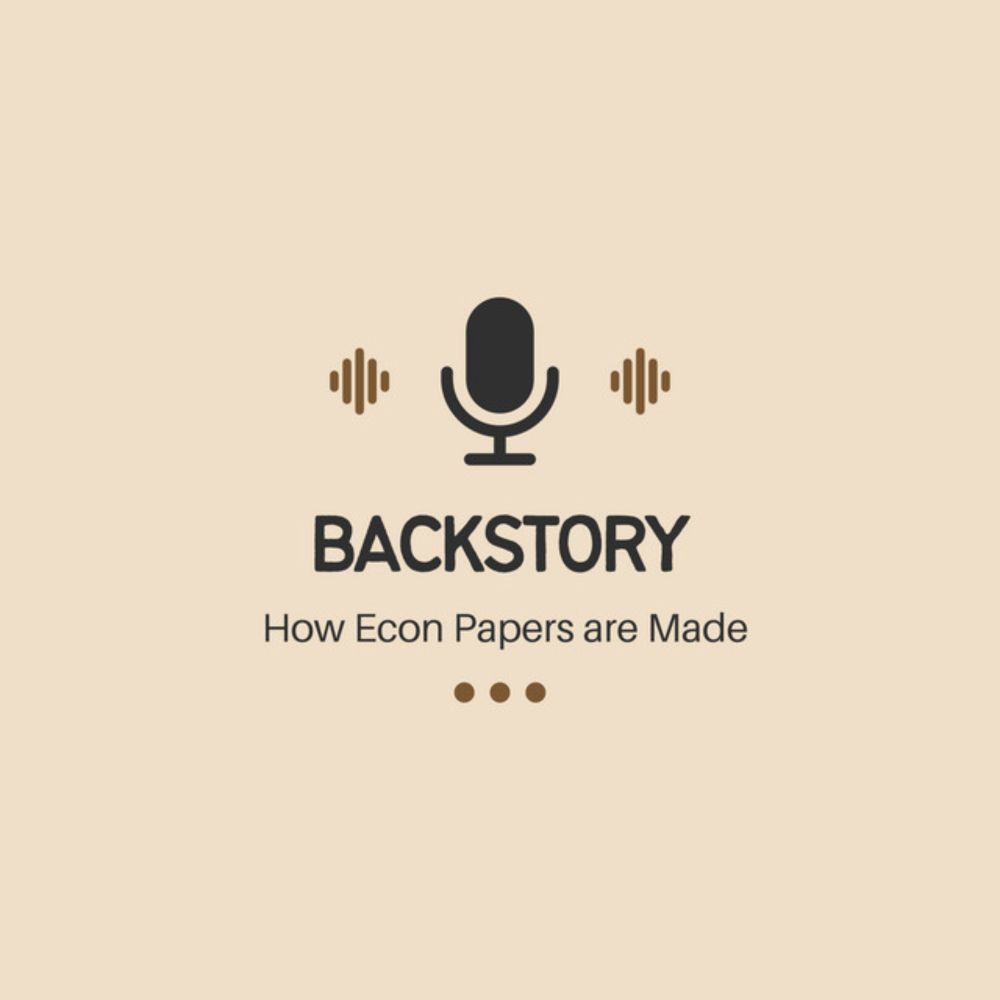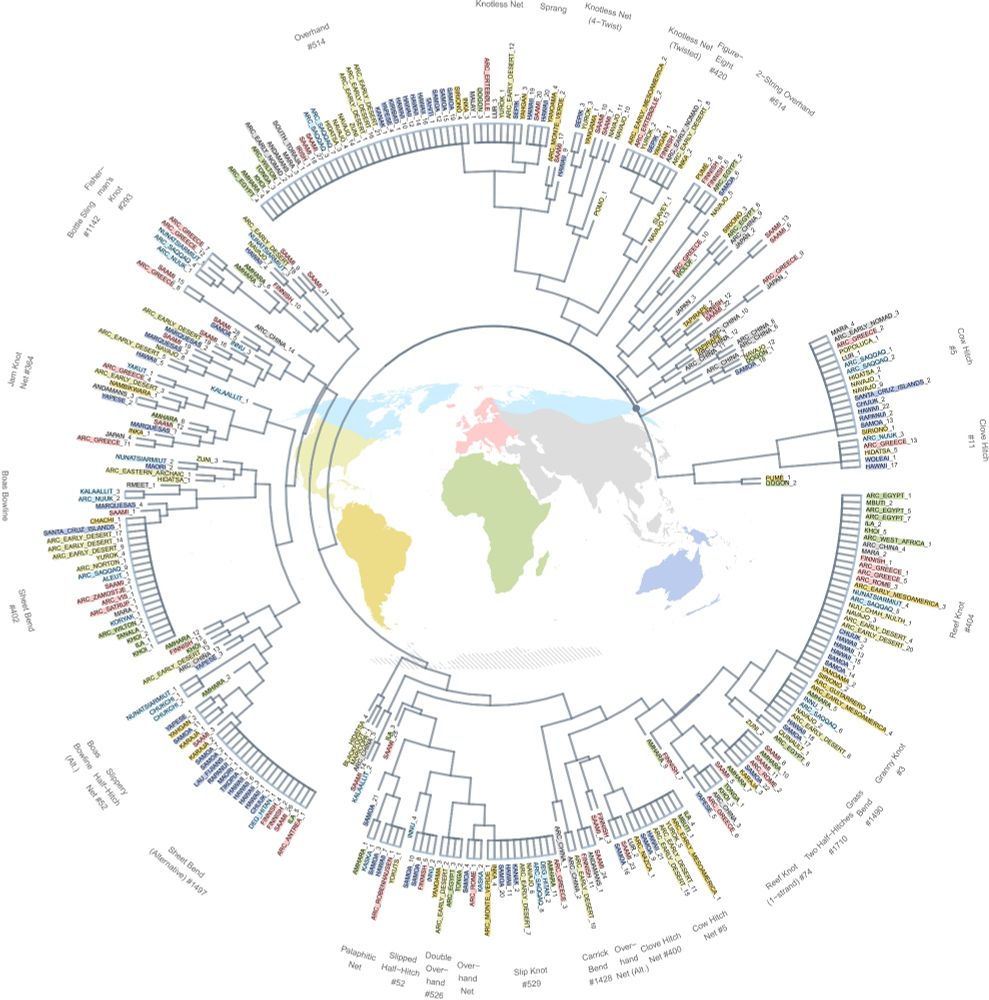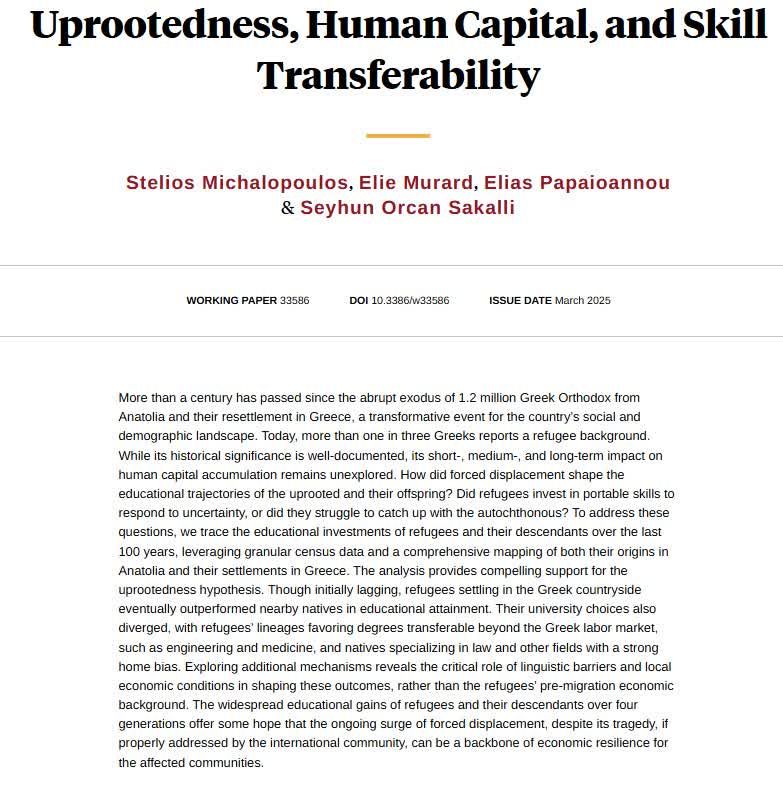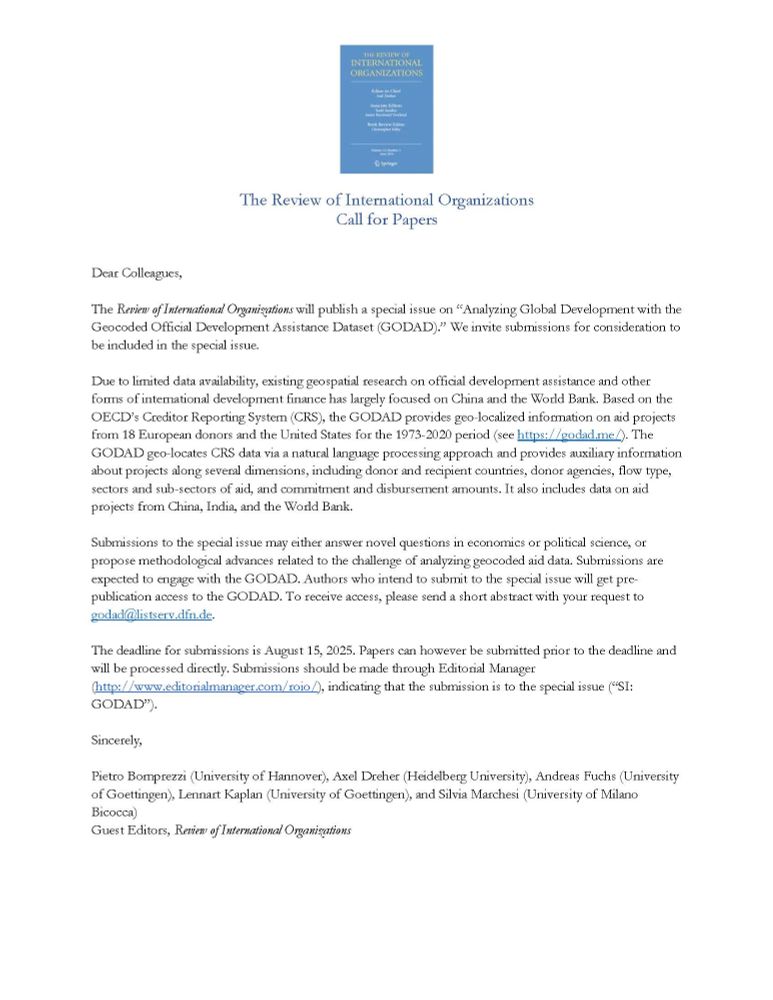Toman Barsbai
@tomanbarsbai.com
310 followers
310 following
8 posts
Professor of Economics at the University of Bristol. Development, migration, culture, and behavior. tomanbarsbai.com
Posts
Media
Videos
Starter Packs
Reposted by Toman Barsbai
Reposted by Toman Barsbai
Reposted by Toman Barsbai
Reposted by Toman Barsbai
Max Posch
@maxposch.bsky.social
· Jul 17
Reposted by Toman Barsbai
Reposted by Toman Barsbai
Simon Fisher
@profsimonfisher.bsky.social
· Jun 18
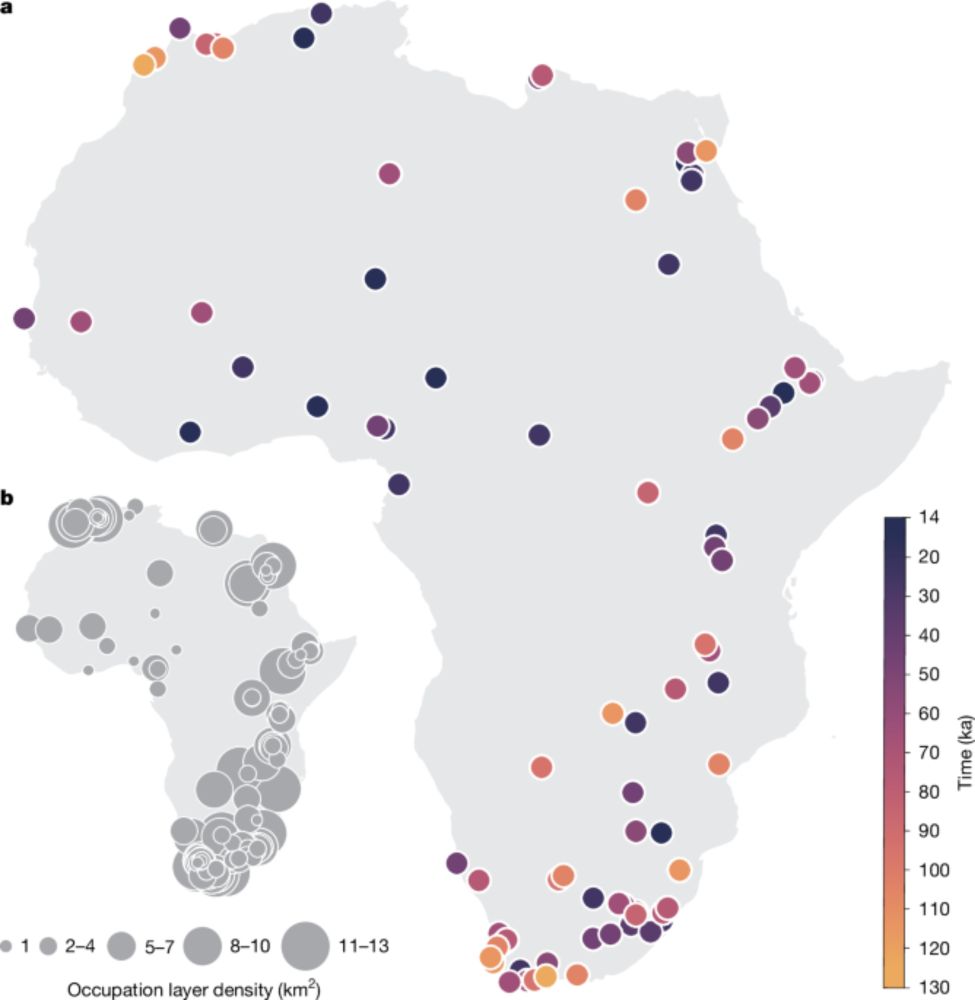
Major expansion in the human niche preceded out of Africa dispersal - Nature
Analysis of species distribution models in a pan-African database comprising chronometrically dated archaeological sites over the past 120,000 years shows major expansion in the human niche from 70 ka...
www.nature.com
Reposted by Toman Barsbai
Reposted by Toman Barsbai
Reposted by Toman Barsbai
Reposted by Toman Barsbai
Reposted by Toman Barsbai
Reposted by Toman Barsbai
Reposted by Toman Barsbai






